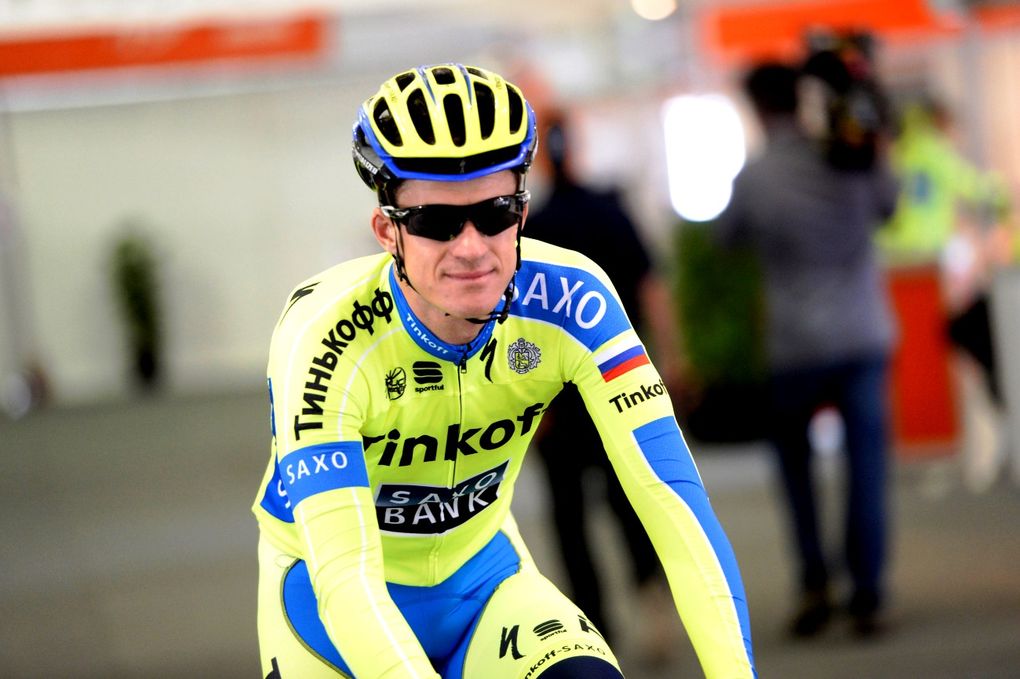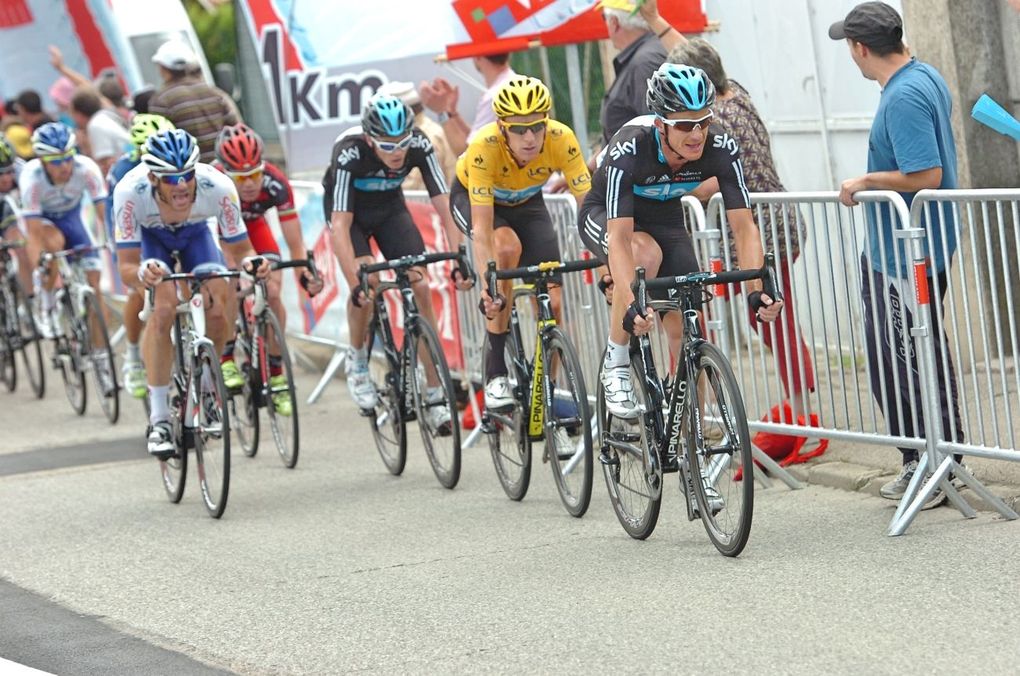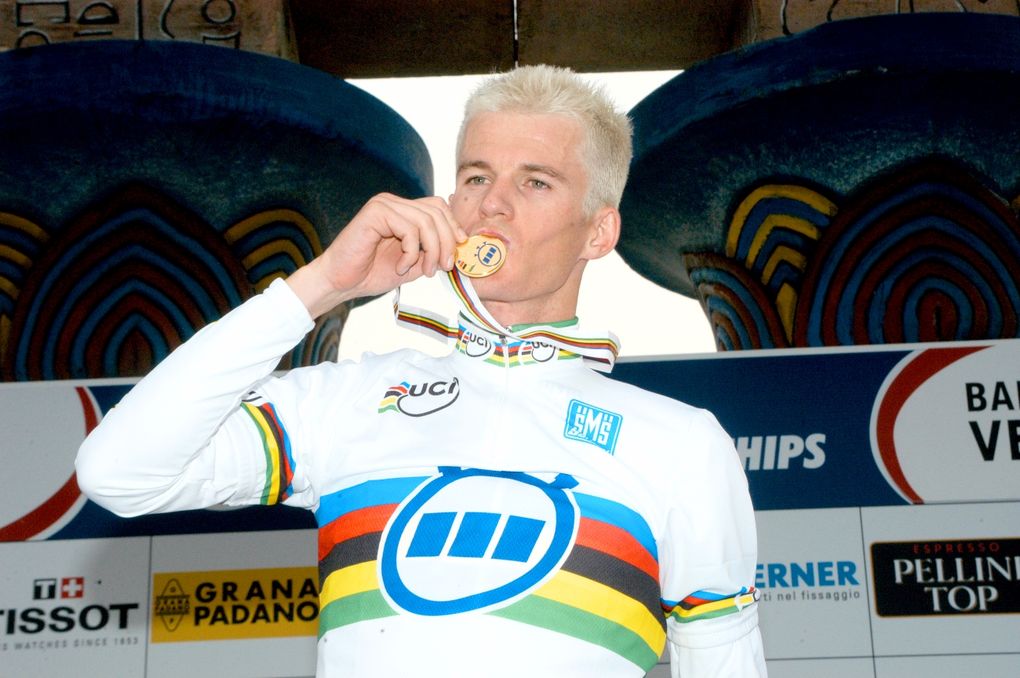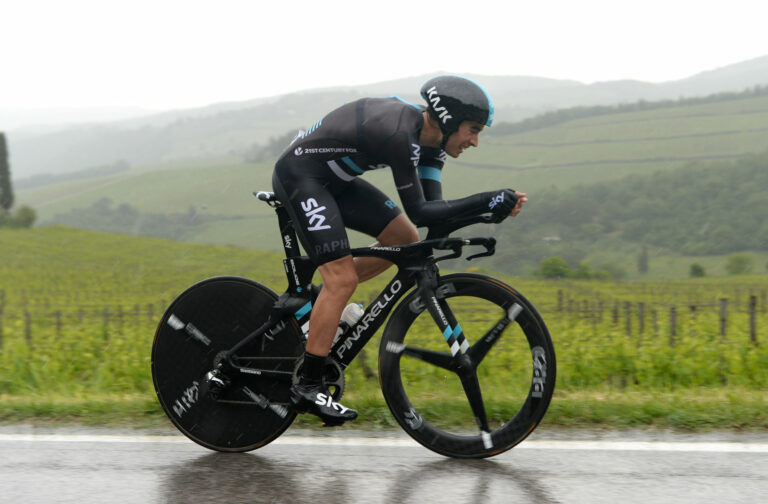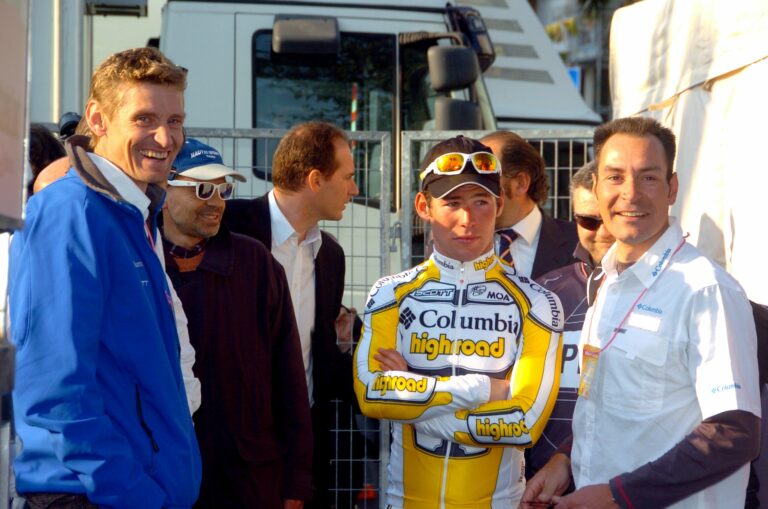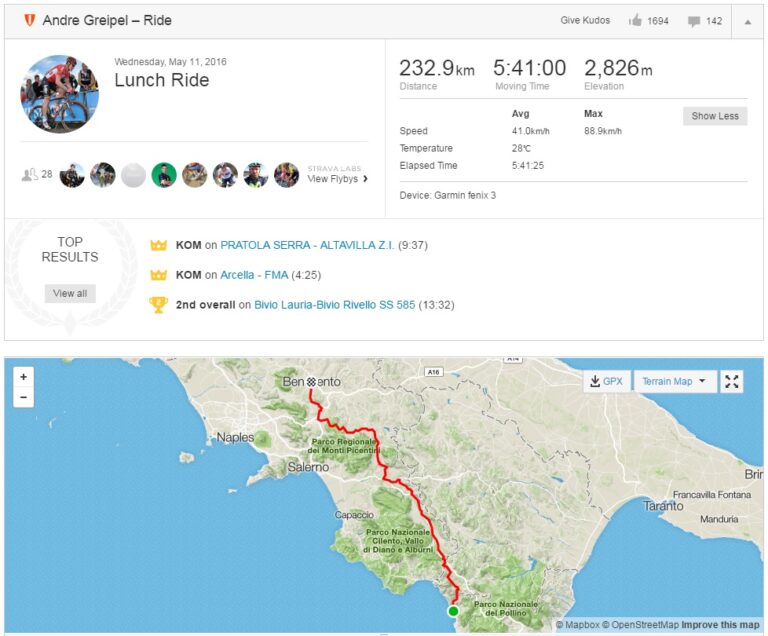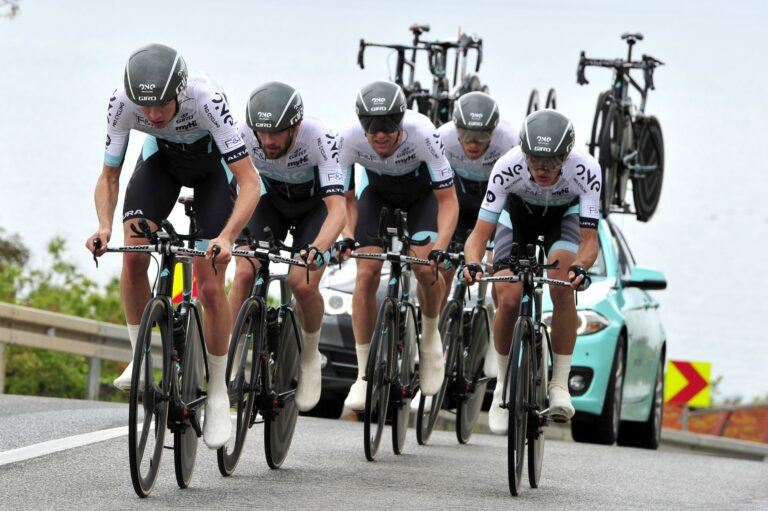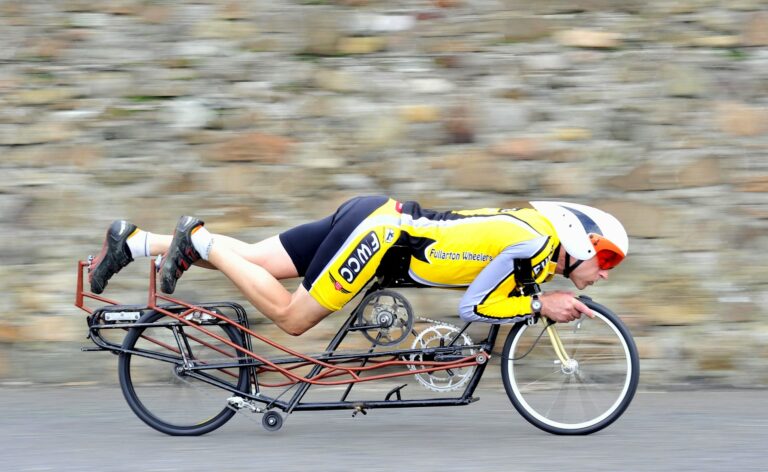Michael Rogers’ statement
My first recollection of professional cycling was in 1986, when I was seven years old. My family was new to cycling. At the time cycling in Australia was not a mainstream sport and the only way to follow the professional peloton was via magazine subscription. Luckily my elder brothers and I were the beneficiaries of VHS recordings of the Tour of Flanders, Paris-Roubaix and the complete 21 stages of the Tour de France, posted to us by my mother’s relatives in the Netherlands.
I don’t know how many hours I spent during my childhood years engrossed in what was happening on those tapes. During my early teens my mind was solely occupied with professional cycling, so much so that my default response to the friendly request, “Let’s go hang out at the shopping mall after school” offers was plain and simply: “No”. My postschool time had already been mapped out: rush home, have a quick snack, turn on the TV and study the nuances of yet another pro race. Team names such as PDM, Panasonic, RMO – just to name a few – were the subject of long discussion during family meals. I felt like I was put on earth to become a professional cyclist. It was my dream.
Sound like an interesting dream?
It became reality. I got the job. My professional cycling career spanned 16 years.
I was the first person in cycling history to win three consecutive professional world time trial championships.
I won stages at the Tour de France and Giro d’Italia.
I represented Australia at four Olympic Games.
I worked on and off the bike with exceptionally smart and talented people, created lasting friendships, smiled and laughed lots, made a bunch of mistakes, cried myself to sleep a few times, travelled the world and learned to speak foreign languages. Did I mention that I had the time of my life? All of this thanks to one dream – to become a professional cyclist.
All great dreams eventually come to an end, and today it’s time to conclude mine by announcing my retirement from racing.
Recent cardiac examinations have identified occurrences of heart arrhythmia which have never been detected beforehand. This latest diagnosis, added to the congenital heart condition I was diagnosed with in 2001, means that my competitive career must end. My last race being the Dubai Tour in February.
In hindsight I’m grateful my original cardiac condition, a malformation of the aortic valve, remained stable until recently, allowing me to compete from my humble beginnings in the Australian outback town of Griffith, all the way to top of the professional ranks.
Whilst I’m disappointed to miss my 13th Tour de France and a chance to compete at my fifth Olympic Games, I’m not prepared to put my health in jeopardy. The opportunity of being a professional cyclist is that after retirement the challenge of a whole new career beckons. And even more importantly, I married the woman of my dreams 11 years ago, and together we are raising three particularly animated daughters.
